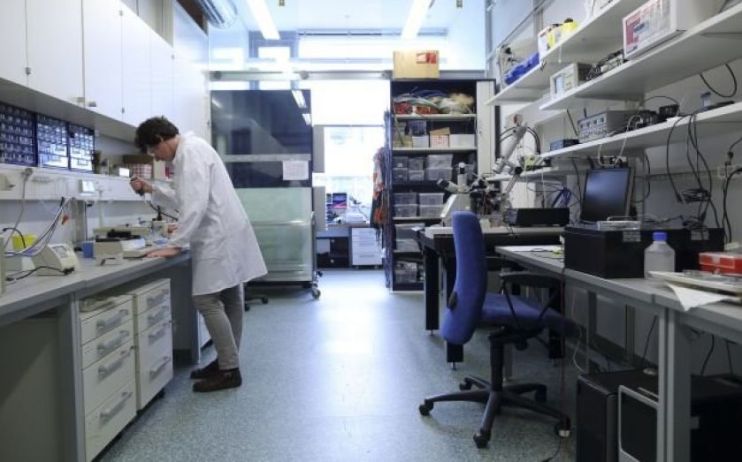Research parks can help turn the light-bulb moment of science into business success

Based on 35 years of experience, I am a proponent of the idea that “place matters”. Businesses benefit from being located in an environment willing to share the risks involved in fostering entrepreneurship.
That’s why the global research and science park movement has taken off. It is designed to support the clustering of enterprises to commercialise applications of science, engineering, and technology. These parks provide the right place to fast-track the development and growth of knowledge-based SMEs, and provide managed access to business support and government-led programmes to share the risk of early-stage company development.
For example, the Surrey Research Park — owned and run by the University of Surrey — provides a location where science (including social sciences), technology, and engineering entrepreneurship can flourish.
Access to technology and talent enables entrepreneurs to explore the demand and competition for their ideas in an environment that supports the creation of an investable business. In essence, it is an environment where entrepreneurship can bring economic value to a broad definition of “science”.
Additionally, our incubator programme provides access to mentors to nurture startups. Once successful, members can move to neighbouring offices in the Surrey Technology Centre and then onto the wider park. Over the years, many companies founded on the park have attracted investment from large corporations.
Unlike simple shared and serviced offices, the worldwide research and science park movement has evolved as science in business has grown. Commonly, parks support their tenants, from micro-startups through a spectrum of complexity. They help with property rights, physical infrastructure, advice on venture capital and legal support — including protection of intellectual property.
Ideas are taken by entrepreneurs from the lab bench or metaphorical “drawing board”, through proof of concept, viability, scalability, value, and quality, before finally arriving in the market as a warrantable product or service.
Of course, I believe in supporting entrepreneurial scientists and engineers as they turn their “light-bulb moment” into a business success, but there are numerous challenges to setting up a space for this. For instance, many commercial property landlords dislike the risks associated with the support of startups, and want to tie tenants into long leases.
The UK’s research and science park movement tried to fill this gap in the market in the early 1980s, and the idea is now an international phenomenon.
Today, the potential of place-based benefits is materialising as co-working incubators. These offer knowledge-sharing events, education programmes, and the chance to secure funding via a business accelerator.
The next challenge is to find the business growth opportunities that are going to emerge from exponential technologies that sit behind innovative platforms and social change markets. I’m certain that research parks can help with this.
But more can be done. The UK government’s expenditure on research and development is planned to be just 2.4 per cent of GDP. Additional support in the commercial environment currently includes R&D tax credits to encourage a spirit of innovation.
London, like all cities, needs to make the most of the talent, finance, and science it harbours. Whatever happens politically in the coming year, it is vital that we continue to embrace research, development, and critically innovation-led initiatives that actively support the global economy, society, and help enhance the planet.
To this end, the value of research parks as business enablers, acting as both landlords and mentors, is vital.
Main image credit: Getty